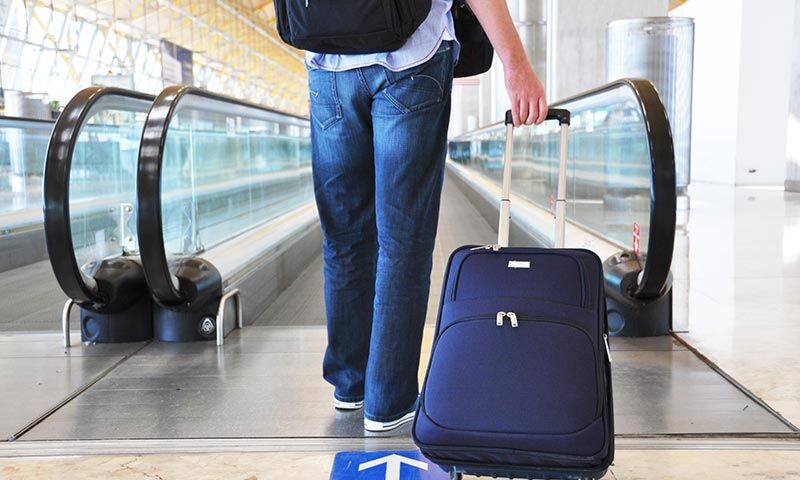US Tourist B1/B2 Visa Might Not Be as Easy as It Seems

A citizen of a foreign country who wishes to enter the United States must, in most cases, first obtain a visa to do so. This can be either a nonimmigrant visa for a temporary stay or an immigrant visa for permanent residence. Temporary visitors to the United States usually need to obtain an entry visa, and the B visas are most common. For many, a “B” visitor visa is the easiest and most appropriate one to get. The B visa is a nonimmigrant visa for persons desiring to enter the United States temporarily for business (B-1) or for pleasure or medical treatment (B-2). People planning to travel to the U.S. for a different purpose, such as to study, perform temporary work, act as journalists, and so forth, must apply for a different visa in the appropriate category.
Although the application process for a visitor visa seems to be fairly simple, successfully obtaining it is harder than one might expect. The U.S. State Department, via its Embassies and Consulates around the world, denies a surprising number of visitor visa applications. For that reason, it’s important to understand the eligibility criteria. Particularly, the applicants for visitor visas must demonstrate that:
- the purpose of their trip is to enter the U.S. for business, pleasure, or medical treatment
- they plan to remain within the U.S. for only a specific, limited period, and
- they have a residence outside the U.S. as well as other binding ties that will ensure their return at the end of the visit.
Each of these criteria is important, and the applicant will need to provide convincing proof that they are eligible. In addition to the specific requirements, the applicants will need to show that they are not “inadmissible” to the United States. Common grounds of inadmissibility include having a criminal record, a communicable disease of public health significance, or a history of extended unlawful presence in the United States.
It is also important to note that coming to the U.S. solely to give birth and gain citizenship for the child will not be permitted. The visa holders must neither work in the U.S. at all under a tourist visa. He or she must not be paid by any source of income during their stay within the United States. If the applicant works on a B1/B2 visa and is found out, he/she will be deported and may ruin the chance of ever getting a visa to the USA. Violating the rules of the applicant’s visa in such a blatant way causes the provided visa to be canceled with prejudice and immediate deportation and more than likely a lifetime ban from entering the U.S. These situations are not looked lightly upon by the consular officers or U.S. Customs and Border Protection (CBP) agents.
Another point to consider is that regardless of what type of U.S. visas are granted in the applicants’ passports, the visa stamps do not guarantee entry into the United States. Immigration authorities still hold the full power to deny admission, perhaps because the person appears to be inadmissible, for example as a security risk, or appears to be using the visa for reasons other than business, pleasure, or medical treatment. For example, if a border official examines the traveler’s suitcase and finds that the visa holder is carrying a wedding dress and the USCIS forms for applying for a green card, yet the person entered on a tourist visa, this individual is likely to be sent straight back home.
Altogether, jumping into applying for a B1/B2 visa without careful planning and failure to properly keep its rules and regulations may cause an undesirable outcome and possibly permanent damage to the applicants’ U.S. visa record. Please contact Siam Legal International for further consultation regarding the B1/B2 and other issues concerning U.S. immigration and non-immigration visa issues.
Category: US Tourist Visa
About the Author (Author Profile)
Siam Legal is a full service law firm but it has an extensive range of immigration, corporate, and real estate experience accessible to clients both domestically and internationally. It has offices strategically located throughout the major cities in Thailand including Chiang Mai, Pattaya, Hua Hin, Samui and Phuket along with international representative offices in Australia, London and Las Vegas.